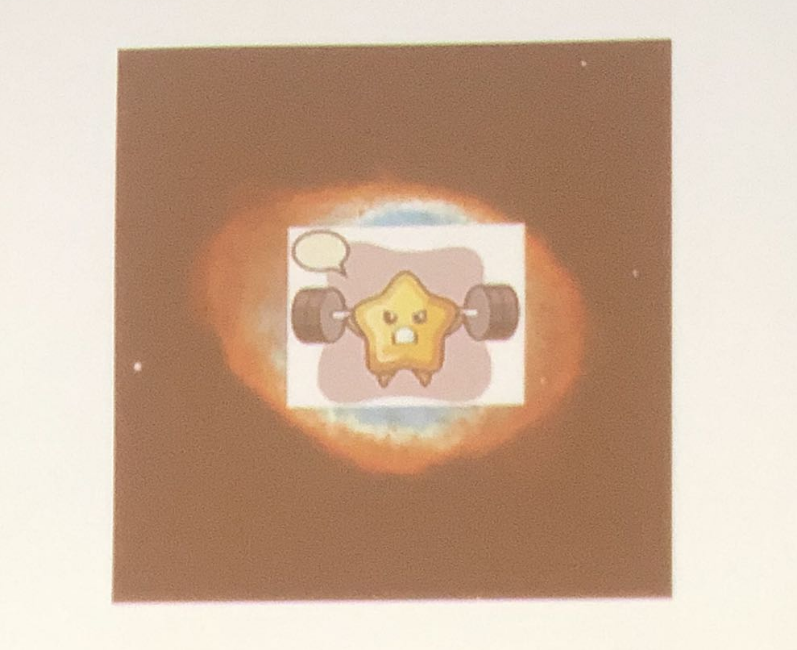-
China Delays Launch of Its Xuntian Space Telescope
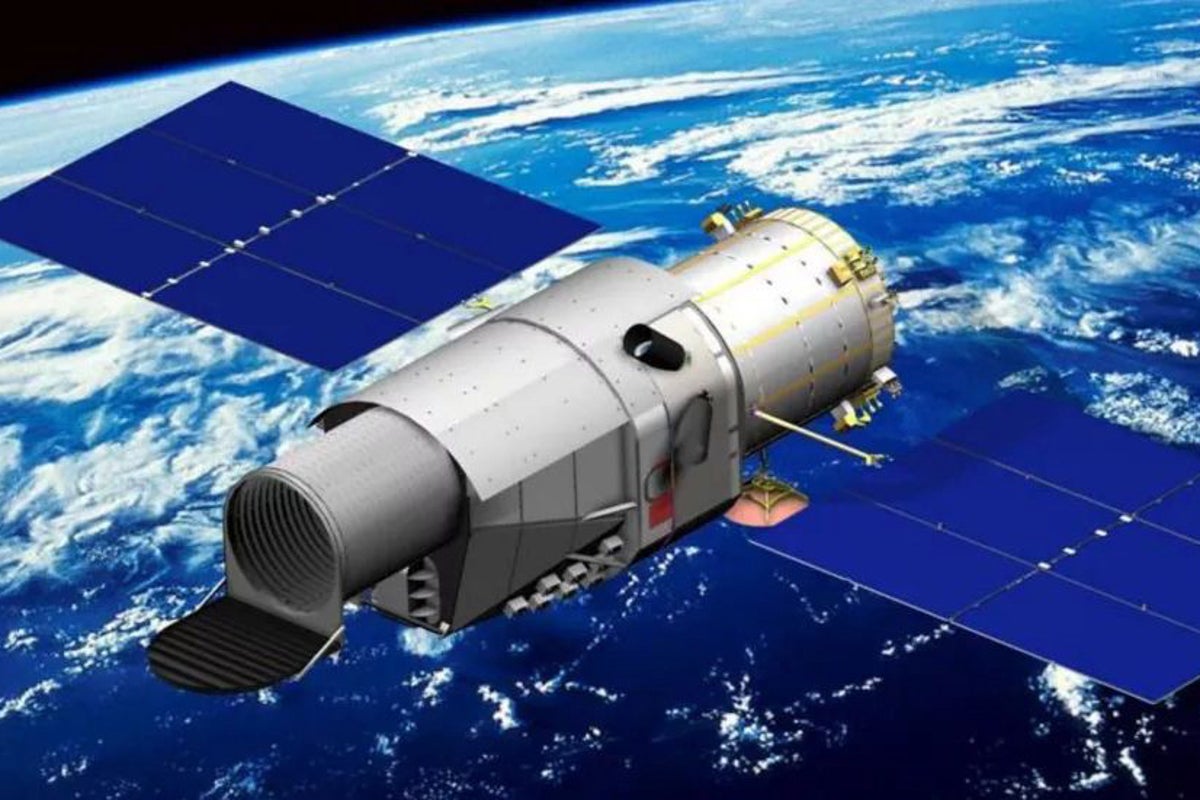
China has postponed the launch of its Xuntian Space Telescope amid an international race to chart the frontiers of modern cosmology. Now slated for liftoff from southern China’s Wenchang Space Launch Center in mid-2025, the two-meter Xuntian ( “Survey the Heavens”) will join the European Space Agency’s 1.2-meter Euclid space telescope, which released its first…
-
Astronomy’s new frontier: Triple systems in massive ‘Be stars’ uncovered
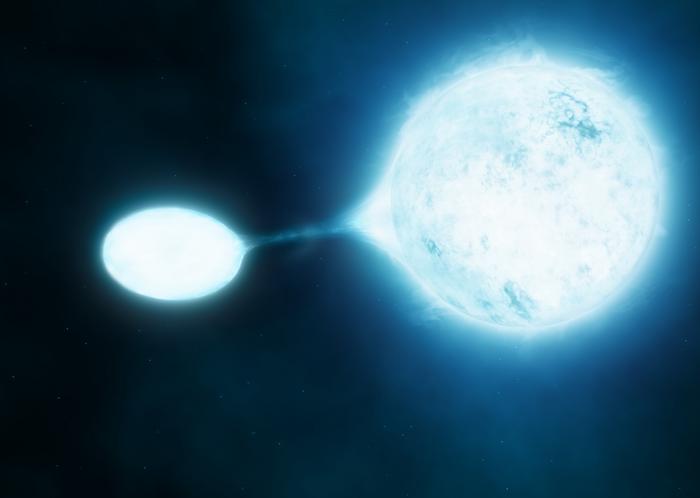
A groundbreaking discovery by the University of Leeds scientists challenges astronomers’ understanding of some of the biggest and most common stars in the Universe. Scientists found evidence that massive Be stars, believed to exist in double stars, could be “triples.” What are Be Stars? Be stars have been known for about 150 years. An Italian…
-
‘Triple star’ discovery could revolutionize understanding of stellar evolution
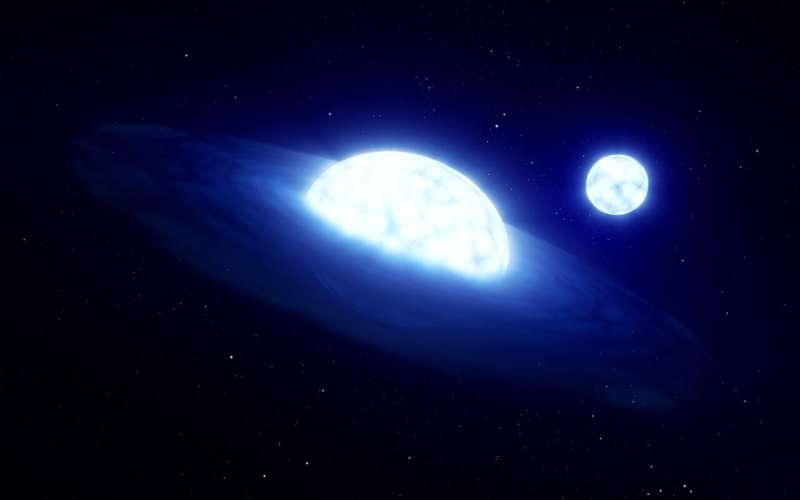
Artist’s impression composed of a star with a disc around it (a Be “vampire” star; foreground) and its companion star that has been stripped of its outer parts (background). Credit: Pic credit: ESO/L. Calçada A ground-breaking new discovery by University of Leeds scientists could transform the way astronomers understand some of the biggest and most…
-
14th Arabic Conference of AUASS concludes with recommendations

Sharjah24 : The University of Sharjah (UOS) concluded the 14th Arabic Conference of the Arab Union for Astronomy and Space Sciences, jointly organized by the Arab Union for Astronomy and Space Sciences (AUASS), in collaboration with the UOS and the Sharjah Academy for Astronomy, Space Sciences, and technology (SAASST). Over four days, more than 250…
-
Bright satellites are disrupting astronomy research worldwide
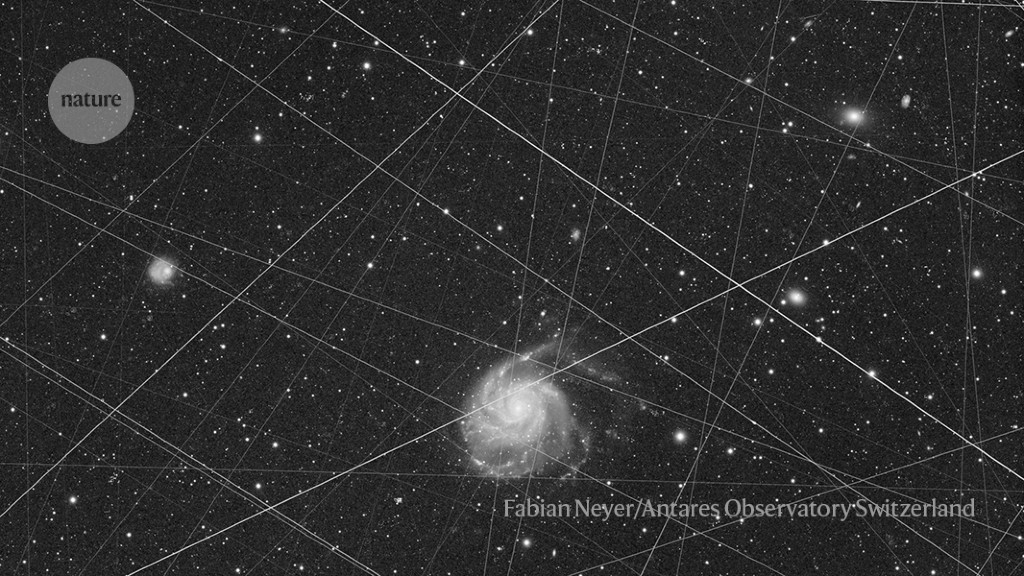
Kyba, C. et al. Science 379, 265–268 (2023). Article PubMed Google Scholar Nandakumar, S. et al. Nature https://doi.org/10.1038/s41586-023-06672-7 (2023). Article Google Scholar Falle, A. et al. Science 382, 150–152 (2023). Article PubMed Google Scholar Mallama, A. et al. Preprint at https://arxiv.org/abs/2309.14152 (2023). Hu, J. A. et al. Astrophys. J. Lett. 941, L15 (2022). Article Google…
-
Webb telescope captures cluster of baby stars in the center of the Milky Way
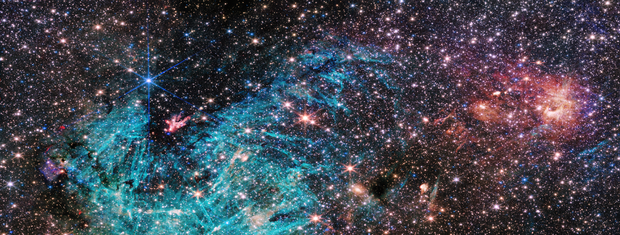
The James Webb Space Telescope captured an image of the dense center of the Milky Way, a chaotic region of space, NASA said on Monday. The image features Sagittarius C, a star-forming region about 300 light years from the Milky Way’s central supermassive black hole, Sagittarius A. Some 500,000 stars are visible in the image,…
-
How to watch the Geminids meteor shower
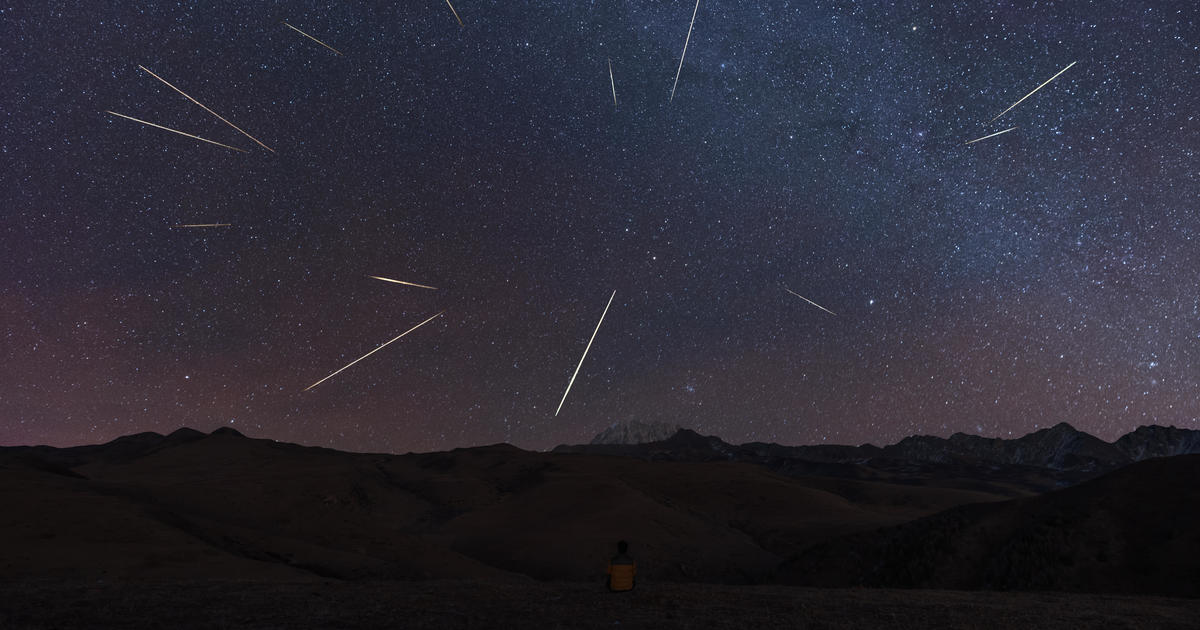
The Geminids, considered one of the best and most reliable meteor showers of the year, is underway. Activity began on Sunday, but the cosmic show will continue until Dec. 24, with a peak on Dec. 14. Here’s what you should know about the Geminids meteor shower, including what causes it: When and where can you…
-
Distant ‘teenage galaxies’ surprise astronomers with unexpected heavy elements
The deeper we look into space, the further back in time we see. Light emanating from some of the younger galaxies in our universe has to travel for billions of years to reach us, getting picked up by our instruments, rich with information from the cosmic dawn. And not only can this light tell us…
-
Dr. Jennifer Mead’s Spooky Post-Halloween Story About The Birth, Death, And Ghost Of Stars
On Friday, Columbia Astronomy Public Outreach hosted a public lecture led by PhD candidate Jennifer Mead to share how astronomers unearth the secrets of dead stars, and how new stars emerge from their ashes. Enjoy a little astronomy trivia game at the end our article! On Friday, November 17, PhD candidate Jennifer Mead gave a…
-
Pierrot Lamontagne receives the Hubert Reeves Grant – Trottier Institute for Research on Exoplanets
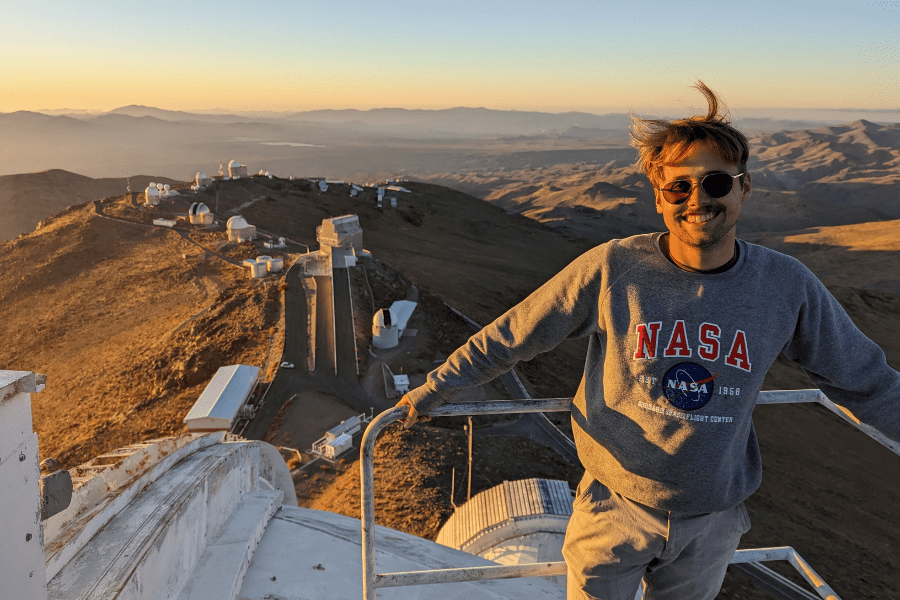
It is with great pride that we announce that Pierrot Lamontagne, iREx member and Master’s student in astrophysics at Université de Montréal, has been selected as the winner of the Hubert Reeves Grant. The scholarship, named in honour of the famous scientist and science popularizer, rewards outstanding motivation by a Master’s student at the Université…
